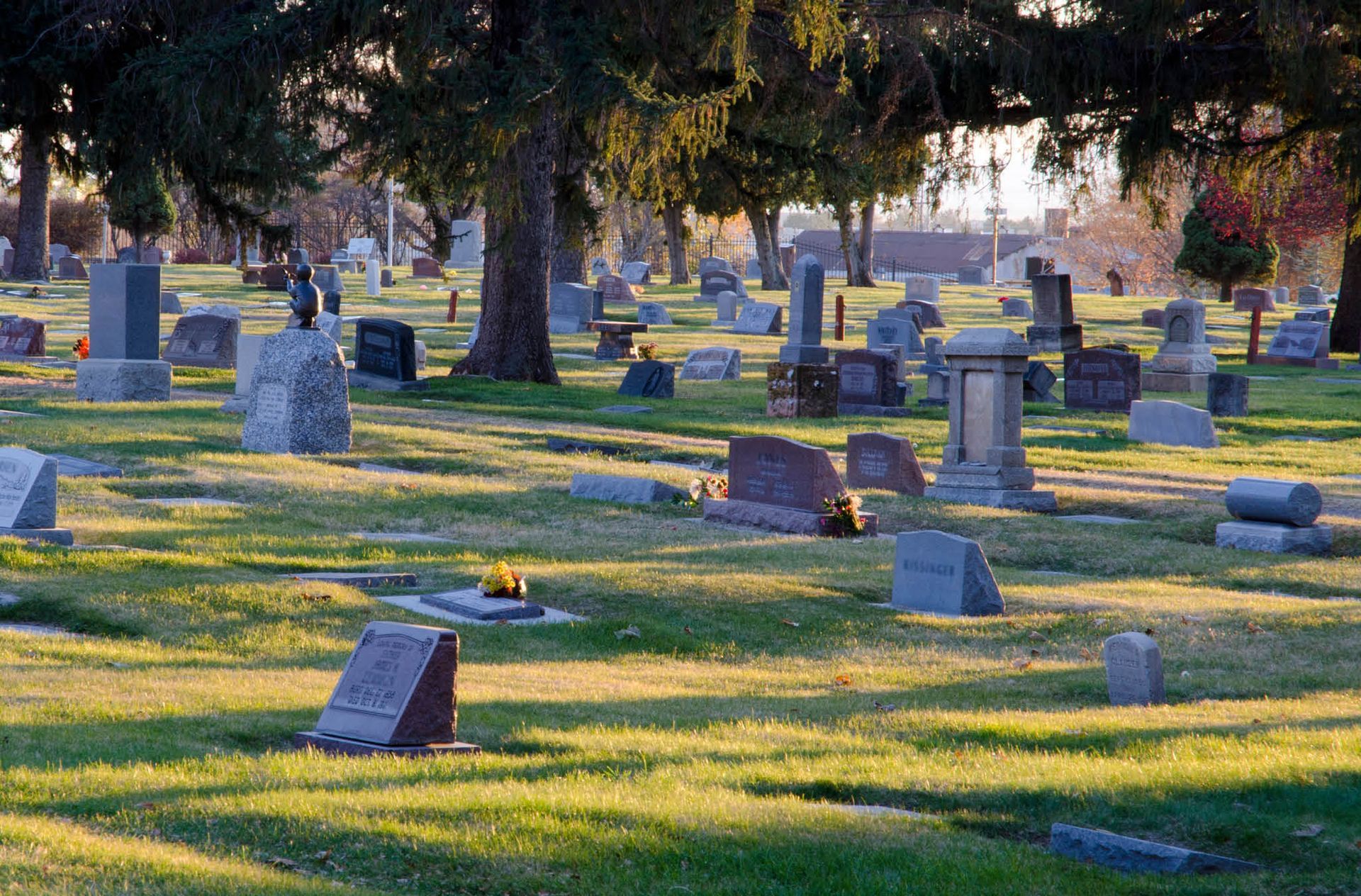Funeral homes, as we know them, are disappearing right before our eyes.
The funeral industry, once steeped in tradition, is undergoing rapid and significant transformation. Unlike previous generations, many families today are opting out of traditional services.
About 25 years ago, the cremation rate hovered around 25%. At that time, even some conservative churches refused to allow cremation services on their premises. Today, that number has surged to a solid 65%.
This shift can be attributed to several factors, but one of the most critical is the failure of some funeral homes to truly listen to the needs and wishes of the families they serve, instead prioritizing their own agendas.
Recognizing this growing need for change, we made a deliberate decision in 2005 to build our own crematory. This step was part of our commitment to listening to families and working alongside them to create the services they truly wanted. Our reputation stands on the pillars of attentive listening, gentle guidance, and unwavering attention to detail.
The Impact of COVID-19
COVID-19 profoundly affected many industries, but few were hit harder than the funeral industry. It’s estimated that 25% of professionals in the field left the profession entirely due to the emotional and physical toll of the pandemic. This exodus has been aptly referred to as “The Great Resignation.”
The general public may not fully understand the personal toll this profession takes on funeral directors. High rates of alcohol abuse, divorce, and even suicide are sadly prevalent within the field. Adding to these difficulties, the number of funeral homes across the country has sharply declined. Today, only about 15,000 funeral homes remain—a staggering 27% decrease—with this number expected to continue dropping.
Some funeral homes lack the resources or vision to keep up with shifting consumer preferences. Compounding this issue, large corporations driven by profit margins often enter smaller communities with the intent to shut down long-standing, locally owned funeral homes. These Big Business takeovers often lead to higher service charges and a depersonalized approach to care, leaving families feeling like just another transaction.
Adapting to Change
The challenges facing funeral homes don’t end there. Many states are currently reviewing legislation to allow funeral homes to employ individuals for specific tasks, such as removals from places of death, without requiring intensive education, such as associate’s or bachelor’s degrees.
In this changing landscape, funeral homes face unprecedented challenges.
However, those that adapt to the evolving needs of consumers, craft meaningful and healing services, and provide true value to the families they serve will not only survive but thrive.
Sincerely,
Mike O’Connell
O’Connell Family Funeral Homes













